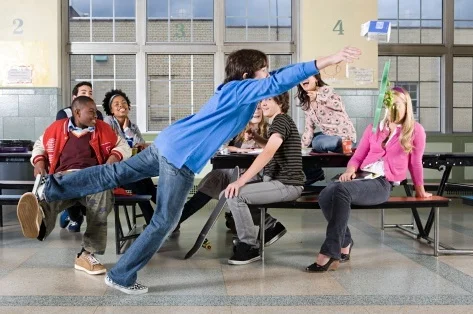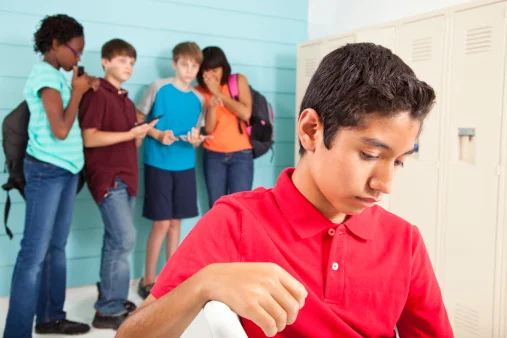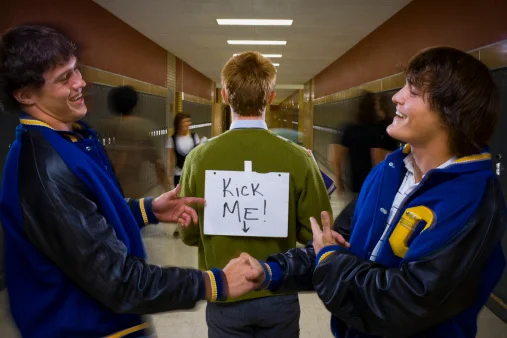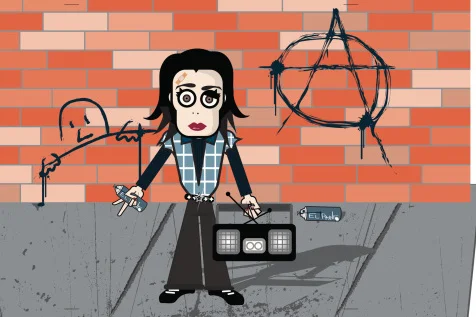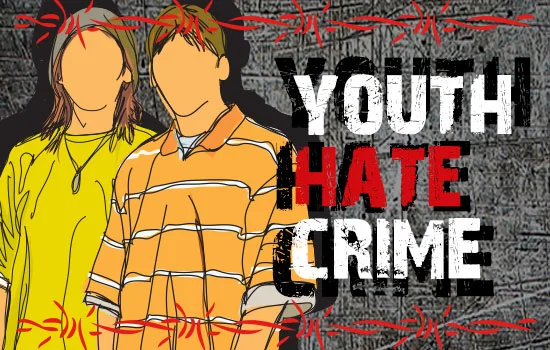+1 845 259 2974 (11 a.m to 7 p.m CST)
Bullying disabled teens: Greater threat with direr implications
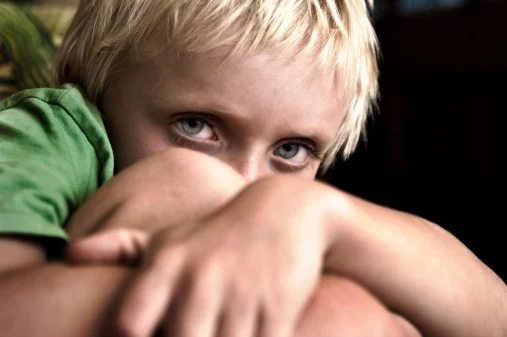
The incident of two Maryland teenagers, aged 15 and 17, torturing a 16-year-old autistic boy was nothing short of gut-wrenching and sickening. Recordings in the girls’ cell phone showed them assaulting the boy, making him fall in an icy pond several times and not helping him to get out, threatening him with a knife, and even going as far as coaxing him into performing sexual act with the family pet. Handicapped by his diminished mental capacity, the boy went along with everything, thinking the two girls were his friends and it was all a game, until the mother of one of the perpetrators discovered what’s going on and reported the entire thing to the school resource officer at Chopticon High School, which the two girls attended. They were subsequently arrested and had several charges filed against them after they admitted everything. This heartrending incident is merely a glimpse of an issue that is much greater in magnitude i.e., bullying special needs kids, and how, on some occasion, the victim doesn’t have the capacity to comprehend the reality of the situation, thus suffering in silence.
Disturbing results of studies on bullying of disabled kids
Considering the effects of child abuse on teens with disabilities, a handful of studies have been done on the issue already, with pretty much all of them reaching a similar result; disabled kids face a much greater threat of bullying than their non-disabled counterparts. Pacer’s National Bullying Prevention Center has quoted the difference to be as high as 2-3 times. According to findings of the research reported in the Archives of Pediatrics & Adolescent Medicine, 57 percent of students with intellectual disability have experienced bullying, whereas just a little less than half of student with learning disabilities, autism, and communication impairments have found themselves targeted.
Effects of bullying on disabled kids
Life can be hard for teens with diminished mental capacity as it is, but bullies take the challenge to the next level. Abnormal mental development may make it difficult for them to concentrate on studies and grab key concepts, but getting victimized causes them to lose their attention even more as they dwell in fear and anxiety over what awaits them in the hallways, cafeterias, school bus, gym, grounds, etc. The impact of physical, mental or psychological abuse may be such that it inflicts even greater damage to their mind, leaving them emotionally scarred for life. Prolonged bullying can cause them depression, making life tougher for them.
What needs to be done to protect the victims
Recognizing the need for adult intervention in bullying situations, parents and educators must act to protect disabled kids from instigators of physical, verbal or psychological abuse. Section 504 of the Rehabilitation Act of 1973 and Title II of the Americans with Disabilities Act have clearly stated it illegal to harass children with disabilities. Parents and educators need to get familiar with this law and use it to shield such kids from the threat. It is also imperative that parents talk to their disabled teen about bullying and how to cope with it. They also need to explain and stress on the importance of reporting such a situation to an adult immediately. Furthermore, parents can help build a strong support system for their kid, as bullies generally avoid picking on children with protection in form of friends. Educators, on the other hand, need to introduce anti-bullying policy in school and ensure that it’s understood by everyone from the staff to the kids. Efforts should also be made to create an environment of acceptance, so that disabled kids are not discriminated against. Collaboration between parents and school administrators is vital for combating bullying and shielding disabled kids from the torment.
The angry response of general public to the heinous acts of hatred and insensitivity perpetrated by the two Maryland girls clearly shows how the masses think. However, simply finding such behavior repulsive is not enough. Everyone from parents, even those of normal kids, educators and the law enforcing authorities need to recognize and play their role for the protection of kids with diminished mental capability.

